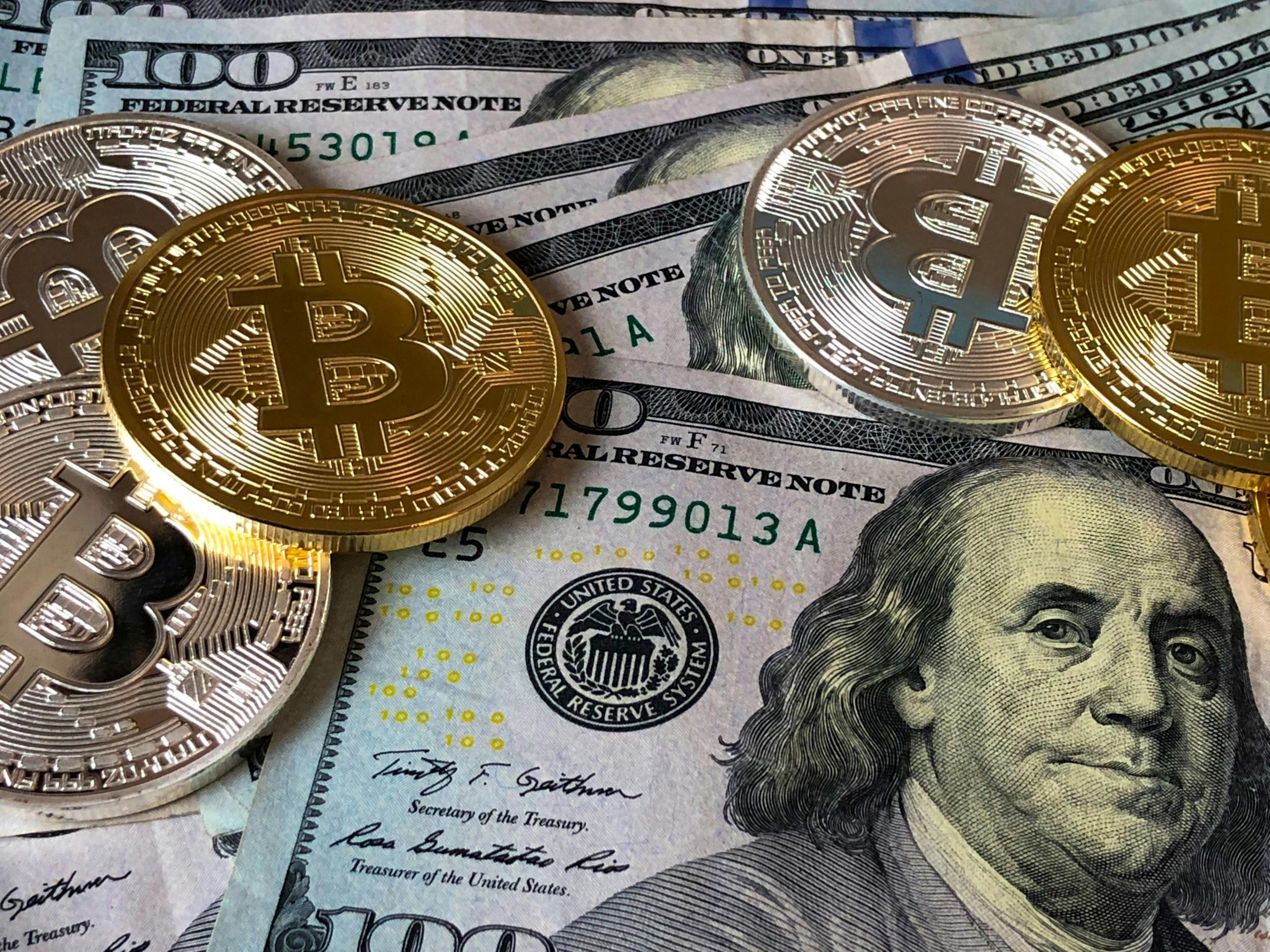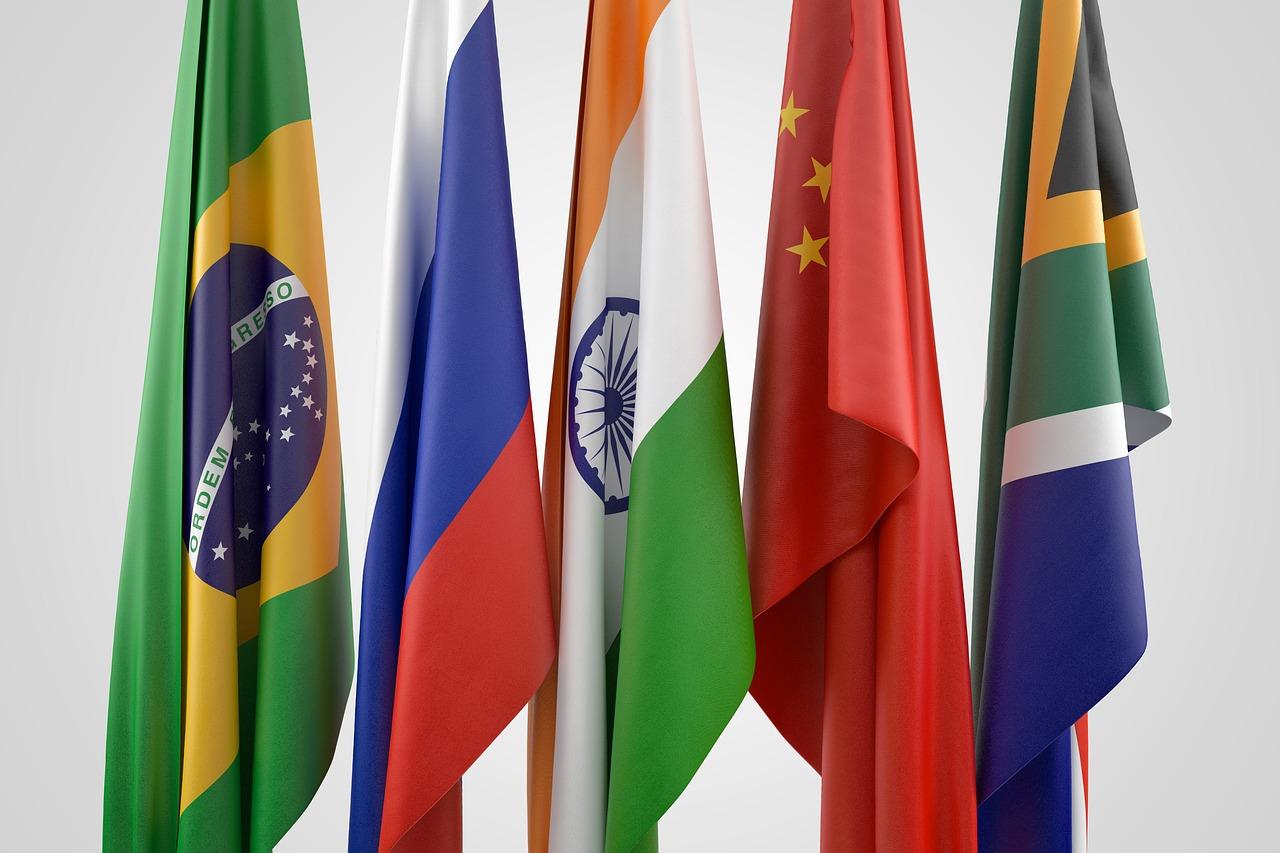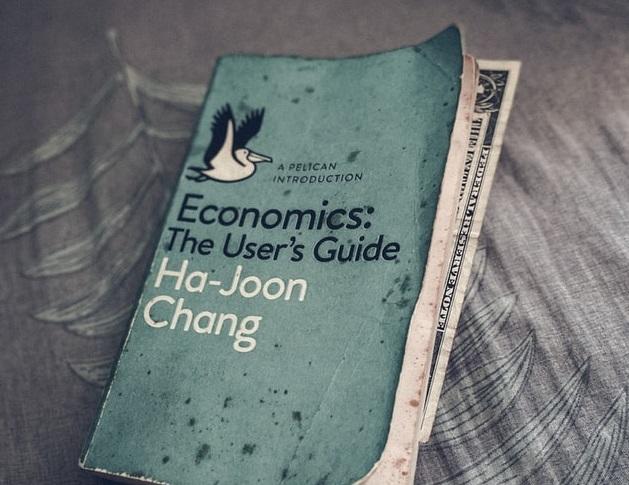What to Expect:
In this article, we aim to address your inquiries about the role of oil in the global economy:
- Why does the US dollar wield such substantial influence?
- What are petrodollars?
- What is the petrodollars meaning and definition?
- Are there alternative currencies that nations could employ for oil transactions?
- Does the choice of currency for oil payments have significant implications?
- How might the rise of renewable energy impact global energy markets?
- What is the link between global imbalances and petrodollars?
For most of us, the world as we've known it has remained remarkably consistent and the idea of global imbalances and petrodollars is far from our minds. We've grown up within a familiar economic system, where the prominence of the US dollar and American cultural influences have been ever-present.
However, we find ourselves on the brink of a significant shift towards a more balanced global order, one that encompasses both economic and political power more equitably.
This transformation won't occur overnight, and it certainly won't be without its challenges. It necessitates a re-evaluation of established power structures and the adoption of innovative technologies. So, what does this evolving landscape mean for those of us who reside far from the centres of influence?

What are Petrodollars within the Hegemonic System?
Throughout the annals of history, nations have engaged in relentless conflicts, vying for power, wealth, and supremacy. This rivalry persists even in the present day, with one notable exception— the United States (US). The US ascended to global hegemony without resorting to armed conflicts, a pivotal transition that unfolded in the mid-20th century.
In the tumultuous year of 1944, when much of the world was engulfed in strife, there existed a few sanctuaries of peace, among them the mainland of the United States. It was in this neutral environment that delegates from 44 nations convened to meticulously construct a new world order. Their vision aimed to eradicate the economic conditions that had twice thrust the world into devastating wars.
This historic gathering took place in Bretton Woods, nestled in the state of New Hampshire and it was at this conference that the foundations of today's global economic systems were laid. Attendees, in a momentous accord, birthed the World Bank and the International Monetary Fund (IMF), both headquartered within the borders of the US. In unison, they resolved to peg their respective nations' currencies to the US dollar, enticed by the US's pledge that these dollars could be exchanged for gold. In addition, they decided to retain US dollars, often referred to as petrodollars, in their central banks, thus simplifying international trade.
The dominion wielded by the US over the world economy has not always been an ideal state of affairs. Furthermore, it has also become less favourable with each diplomatic, economic, or financial misstep committed by the US. Until recently, there existed no solitary currency or coalition of economic partners potent enough to offer a viable alternative to the established order.
Over the course of the past three decades, China has constructed a formidable economic powerhouse, combining diplomatic influence with economic prowess. The Chinese Belt and Road Initiative (BRI) exemplifies this strategy, with a string of successful infrastructure projects. Furthermore, the BRICS alliance, founded with China's active participation, has eclipsed the global gross domestic product (GDP) contributions of the Group of Seven (G7) nations. We will delve deeper into BRICS in the subsequent section.
The challenges posed to the US dollar and petrodollar are not solely confined to the ascent of the Chinese yuan and the BRICS alliance. Technological advancements promise innovative methods of payment for commodities like oil, and exporters worldwide have begun accepting alternative currencies for their wares. These developments, coupled with internal strife within the US, collectively represent the most formidable challenges to the continued dominance of the US dollar as the world's preeminent currency.

In describing the petrodollars definition and meaning, it may be helpful to look at the petroyuan.
The Petroyuan Surge
China's thriving economy and BRI success does not signal an intent to disrupt the global order. Indicative of this is President Xi's diplomatic efforts, like brokering Saudi-Iran peace to secure both energy and the yuan's international role.
Xi prioritizes a fairer economic framework; seen in China's CIPS, while sanctions, which are common today, strain geopolitics. Most significantly, diverse payment networks reduce unilateral punishment options and also mitigate risks with global imbalances and petrodollars.
There is no doubt, that dependence on petrodollars and economic development, creates stress points especially when factoring in rate hikes and inflation.
So besides understanding the petrodollar challenges, the petroyuan faces its own hurdles amongst these are: tech advancement, distrust, and geopolitical risks. Overall, China treads cautiously to avoid disrupting the power of the petrodollar and economic development.
Geopolitical and Economic Ramifications Caused by Petrocurrencies
Let's clarify a few key points.
Even if the world were to transition entirely to renewable energy tomorrow, we'd still require petrocurrencies.
Why?
Because international trade necessitates a universally accepted currency, whether you're trading soybeans or oil. These trade negotiations occur against a backdrop of geopolitical tensions, even if the nations involved have no direct involvement in contentious policies.
Think of this situation as cautiously navigating around a touchy relative to preserve holiday harmony, or as students who behave well to prevent the entire class from facing the teacher's wrath. North Korea, Russia, China, and the US offer ample examples. For instance, discussions involving Taiwan often trigger warnings from Chinese leaders about interference in sovereign matters of other nations.
Containment is a strategy the US has employed for a long time. In politics, "containment" refers to a strategy aimed at preventing the expansion or spread of a particular ideology, influence, or threat, typically in the context of international relations. In the 1960s, the US fought in Vietnam to contain communism. In other parts of the world, both Cuba and North Korea have endured extensive economic sanctions as part of the same strategy. Russia and China also feel the impact of containment in diplomatic relations.
Of course, actions like these, carry profound economic and geopolitical consequences.
Understanding the Petrodollar, Other Petrocurrencies and the Global Energies Markets
Nearly 80 years ago, delegates at the Bretton Woods Conference recognised a fundamental truth that remains relevant today: for a stable global economy, we need a unified system and agreed-upon means for international transactions.
However, our world has evolved significantly since their time, and the pursuit of supremacy, whether economic or militaristic, has become a riskier endeavour.
One aspect of this evolving global landscape is the role of petrodollars and economic development impacts.
So, what are petrodollars?
In looking at the petrodollars definition and meaning, petrodollars refer to the revenues earned by oil-exporting countries through the sale of petroleum, which has played a substantial role in shaping international relations. This has been particularly evident when it comes to global imbalances and petrodollars to advance political agendas.

Organisations like OPEC (the Organisation of Petroleum-Exporting Countries) have used their influence to adjust oil prices according to their political objectives. Furthermore, major powers, such as the United States, have engaged in military campaigns to secure access to Middle Eastern oil, emphasising the strategic importance of oil resources in the modern world. Recent events, like Russia demanding payment in rubles for its oil, underscore the continued significance of petrodollars and economic development across the globe.
Recognising that we will continue to rely on oil even as we transition to renewable energy sources is crucial.
Petroleum products remain deeply integrated into modern life, and alternatives will take decades to develop fully. Consequently, the currencies used for oil transactions remain a cornerstone of the global economy.
However, the current approach of vying for dominance and fighting over resources is counterproductive to the greater good. To de-escalate tensions and promote stability, it is imperative to find a more cooperative system. While some have proposed shifting from petrodollars to petroyuan, this may not be the ideal solution.
A more promising approach could involve the development of a region-neutral digital currency built on blockchain technology. This digital currency would derive its value from the global GDP, allowing individual nations to peg their currencies to it. In essence, this would represent a return to the principles of the long-abandoned Bretton Woods system, but with decentralised control to prevent a few nations from holding excessive power.
The need for a unified global economic system and a means to settle international transactions, as recognised at Bretton Woods, remains valid today. However, in our evolving world, we must adapt to new challenges, such as the role of petrodollars and the pursuit of supremacy. A region-neutral digital currency could offer a path to greater stability and cooperation, building on the lessons of the past while embracing the possibilities of modern technology.
For more about petrodollars don’t miss our other articles in this series.
Summarise with AI:
























